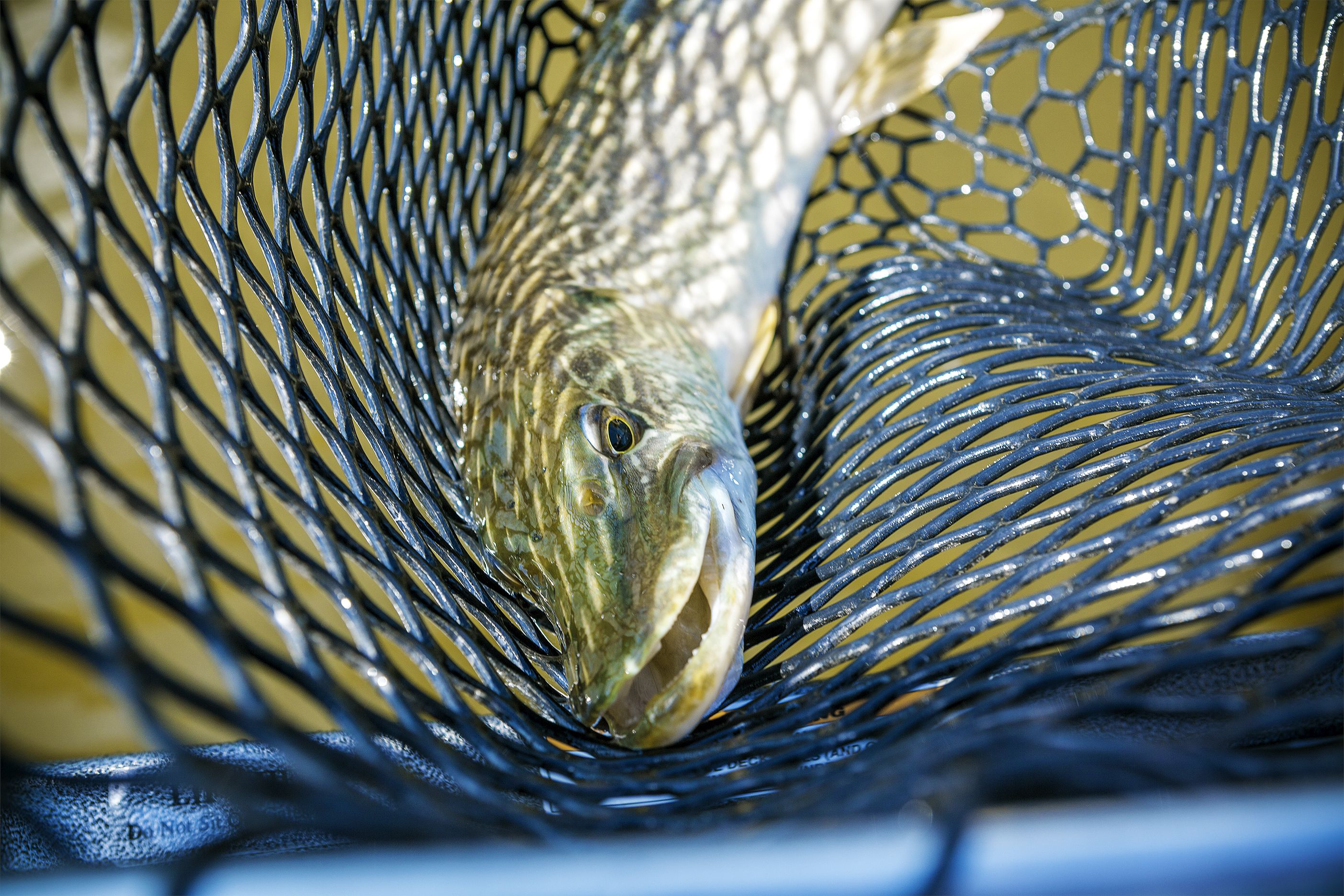This week, the Food and Agriculture Organization of the United Nations (FAO), stated that fisheries are facing an important crossroad and that the world needs a new vision for its fisheries.
With the world’s population to rise to nearly 10 billion by 2050, increased aquatic food production will be necessary, said FAO director general Qu Dongyu on the launch of the FAO’s International Symposium on Fisheries Sustainability. But, Dongyu warned, increased production can’t come at the expense of the health of oceans and rivers.
The growing demand for freshwater fish is affecting the sustainability of inland fisheries. One in every three marine fish stocks being overfished, compared to just one in ten approximately 40 years ago, while the state of the oceans is of grave concern due to plastic pollution, the impacts of climate change, habitat degradation and overfishing.
FAO has noted a dangerous trend: fisheries in developed regions are increasingly sustainable, rebuilding stocks and improving the conditions of those working in the sector, but fisheries in developing regions are not improving as fast.
“This is creating a dangerous sustainability divide. We need to reverse this trend if we are to achieve the Sustainable Development Goals,” said Dongyu.
The FAO director general put forward three solutions to make fisheries more sustainable.
First, re-investing in marine and freshwater sustainability programmes.
Second, investing in sustainable ocean growth. FAO’s Blue Growth Initiative, as an example, which is based on balancing ecological, social, and economic principles.
And third, ensuring that adequate protection measures are combined with effective management, including better addressing food waste in the fisheries industry.
“We need more political will and more resources to make this happen. Let us not leave any region of the ocean behind in our sustainability quest,” said Dongyu. “If we focus our science, our innovation spirit, our technologies, we will secure and protect one of the oldest and most undervalued food industries. We need to aim big and do concrete things!”









